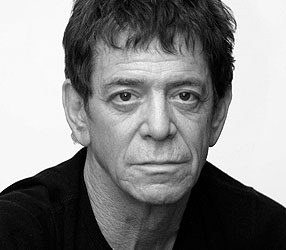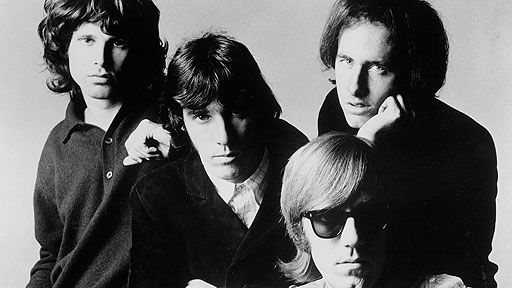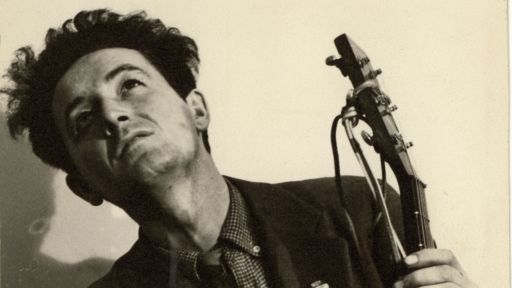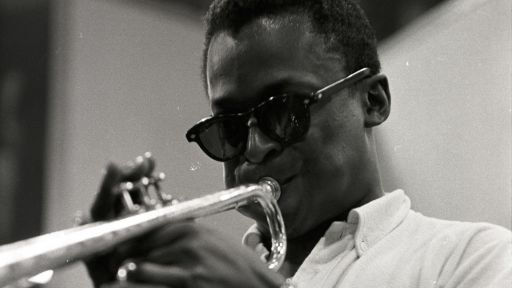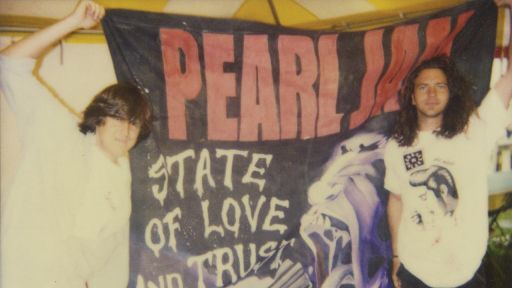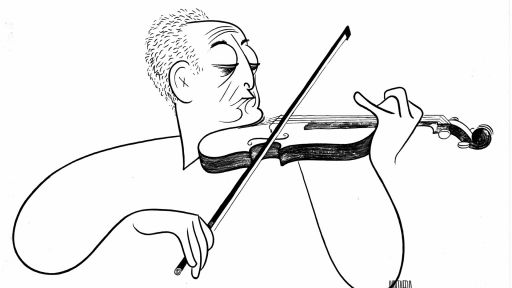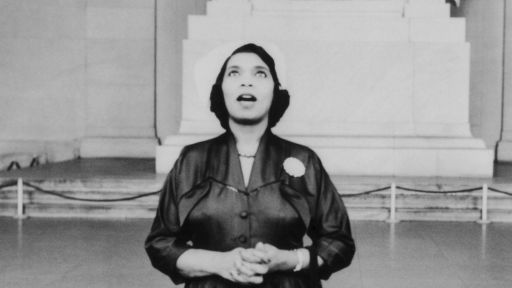Lou Reed, legendary rock musician and songwriter, passed away Sunday, October 27, 2013, at the age of 71. The cause was liver disease, according to The New York Times.
The internationally influential icon from New York City was the subject of a feature-length American Masters documentary directed and produced by Timothy Greenfield-Sanders in 1998: Rock and Roll Heart: Lou Reed. Greenfield-Sanders commented, “Lou Reed’s music was the backbeat to our lives and his lyrics were our conscience. His death is a blow, not only to New York City, but also to the world.”
In honor of Lou Reed, PBS re-aired the film on Thursday, October 31, 2013, and American Masters created a Spotify Playlist of 200 of his recordings (see below).
Lou Reed: Rock And Roll Heart, An American Masters Special (1998)
For more than 40-years, Reed has been at the forefront of American avant-garde music, beginning with creation of the Velvet Underground in 1965, a band with artistic and political visions far beyond the popular music of the time. Gritty and realistic, the brutal honesty in Reed’s lyrics and sound made him a cultural icon of the disenfranchised throughout the ’60s and ’70s. With songs like “Heroin” and “All Tomorrow’s Parties,” he tackled harsh urban realities. His “Walk on the Wild Side” surprisingly made it to the top of the charts and has become a cultural classic about a taboo, hidden lifestyle. Reed worked with other icons of his day — Andy Warhol, David Bowie, Laurie Anderson. From punk rock to grunge, he has had an unparalleled influence on the American music scene. Inducted into the Rock and Roll Hall of Fame in the late ’90s and given the prestigious Hero Award by the National Academy of Recording Arts and Sciences, he continues his life-long experimentation as both a writer and performer. Originally broadcast: April 29, 1998. One hour.
PBSAmericanMasters Playlist: Rest in Peace, Lou Reed
Our PBSAmericanMasters Spotify Playlist features 200 of Lou Reed recordings as a solo artist and with The Velvet Underground. Sign up for a free Spotify Account to listen to the playlist, Rest in Peace Lou Reed.
Lou Reed Biography (1998)
The entry below is a flashback to Reed’s career as of 1998.
For thirty-five years Lou Reed has been at the forefront of the avant-garde in popular music. His gritty and realistic vision made him a cultural icon of the disenfranchised urban youth of the 1960s and 1970s. A counterpoint to the booming impersonal economy of the 1980s and 1990s, Reed has asserted a brutal honesty into both his music and lyrics that demands the full attention of contemporary listeners. From punk rock to grunge, Reed has had an unparalleled influence on the American music scene.
Lou Reed was born in Brooklyn in March of 1942 and grew up in Freeport, Long Island. Greatly influenced by the popular Rhythm and Blues of the time, Reed played in a number of bands while still in high school. After graduating, he attended Syracuse University where he developed a defining friendship with poet Delmore Schwartz. A mentor to Reed, Schwartz’s ability to create complex emotional landscapes with a simple vernacular language, impressed on Reed the possibilities within the everyday voice of the streets. After Syracuse, Reed moved to New York, where he worked writing popular songs.
In 1965, along with classically trained violinist and pianist John Cale, bass and guitar player Sterling Morrison, drummer Maureen Tucker, and singer Nico, Reed formed the Velvet Underground. The Velvet Underground cast off the optimism and light-hearted quality of the popular music of the time and made their mark with songs like “Heroin” and “All Tomorrow’s Parties,” which engaged the harrowing urban realities they knew well. More than just an alternative to the prevailing 1960s culture of hippies and flower power, the Velvet Underground was a band with an artistic and political vision beyond the realms of popular music. Produced by Andy Warhol, the Velvet were crucial in introducing and popularizing mixed-media happenings with dancers, projected film, and strobe light shows.
After six years and four albums with the Velvet Underground, Reed embarked on a solo career, in which he continued to challenge prevailing forms with breakthrough albums such as BERLIN (1973), METAL MACHINE MUSIC (1975), and MAGIC AND LOSS (1992). Reed’s lyrics examined taboo adult subjects, extreme life styles, and the urban underground. Speaking of Reed’s groundbreaking work, David Bowie said, “The nature of his lyric writing had been hitherto unknown in rock…he supplied us with the street and the landscape, and we peopled it.”
Reed’s seminal 1972 album TRANSFORMER, produced by David Bowie, signaled the beginning of what music critics termed “glam rock.” Epitomized by gender blurring, highly dramatic lighting, and explosive concert tours, glam rock brought Lou Reed to a new height of fame. Dealing with transsexuality, his song “Walk on the Wild Side,” made it to the top twenty in the United States and the top ten in the United Kingdom. The now classic song was a brave exaltation of the lives of those who remained hidden from most Americans.
In 1987, at Andy Warhol’s funeral, Reed and his former partner John Cale were reunited. “It came to pass afterwards there was this idea,” says Reed “to do a musical biography.” The result was the SONGS FOR DRELLA collaboration—a tribute to Warhol who in his lifetime had been affectionately called Drella (a combination of Dracula and Cinderella). Reed went on to collaborate with the rest of the band and later with Laurie Anderson. Always elusive, always changing, Lou Reed has documented the turbulence of his time with an insight and fascination rare to a popular performer. In the late 1990s his gifts were recognized with an induction into the Rock and Roll Hall of Fame, the Chevalier Commander of Arts and Letters by the French Government, and the prestigious Hero Award by the National Academy of Recording Arts and Sciences. Today he continues his life-long experimentation as both a writer and performer.

